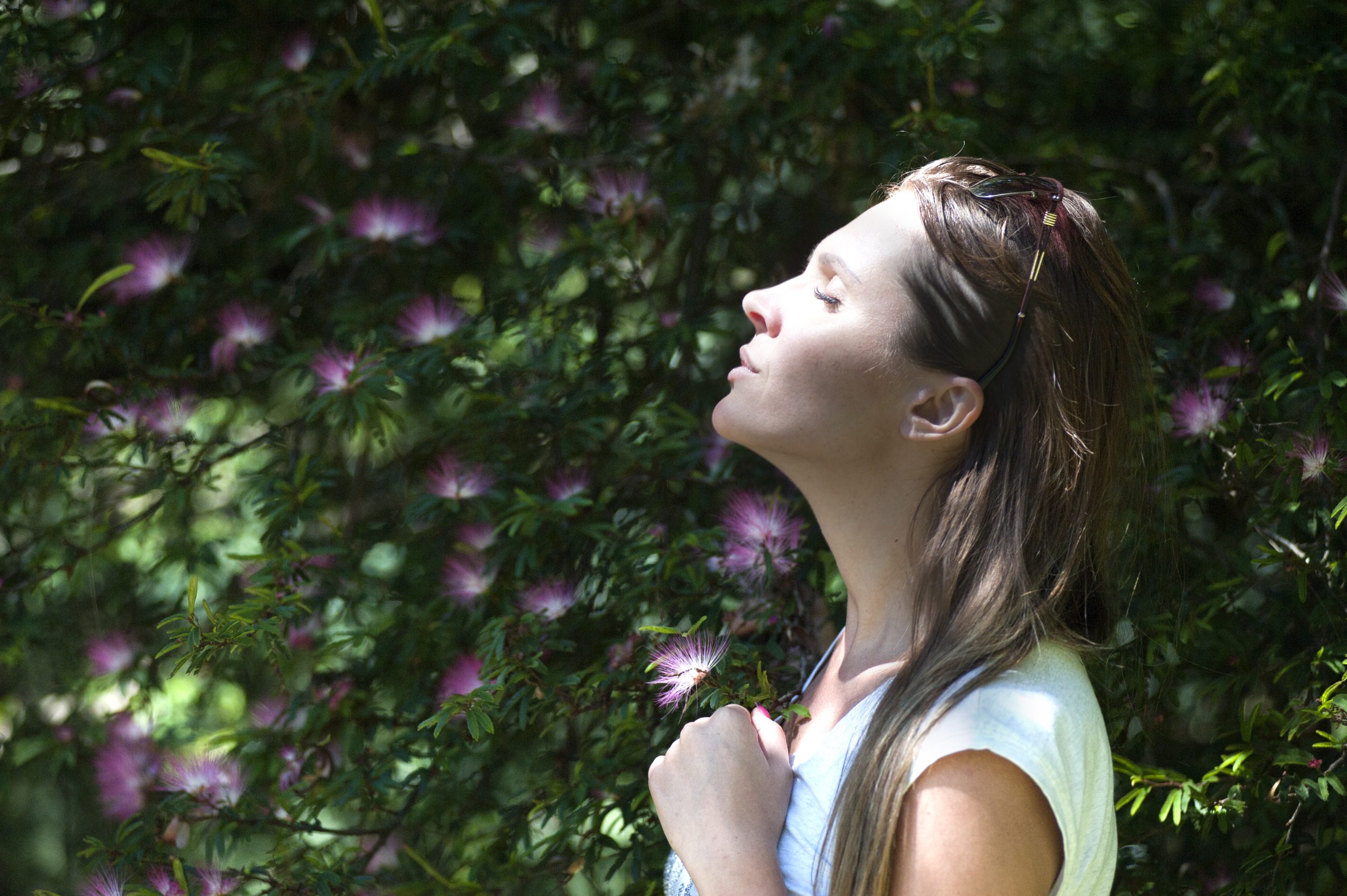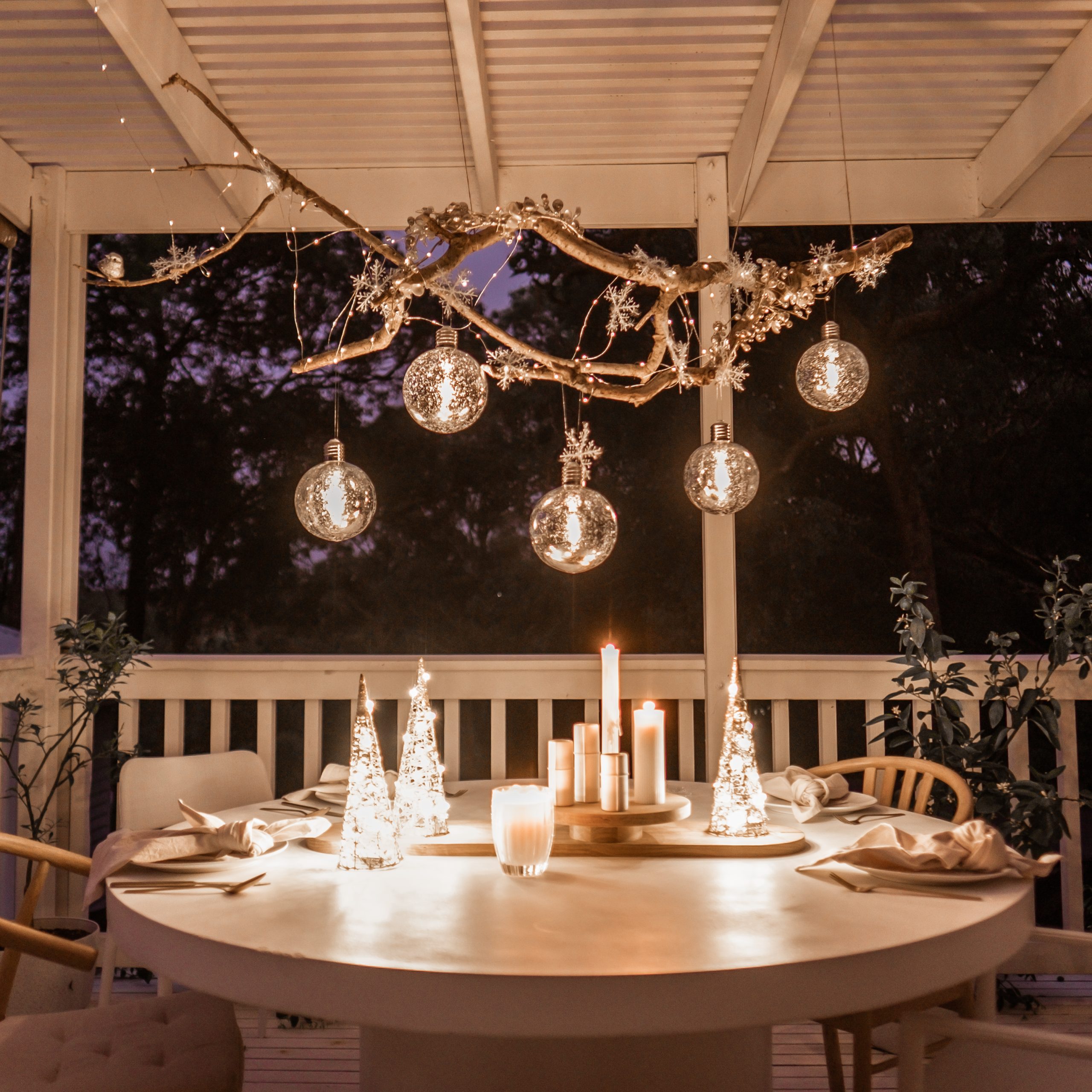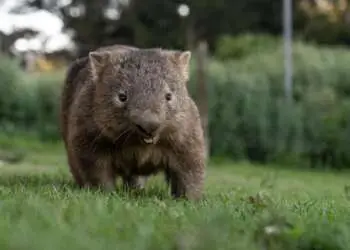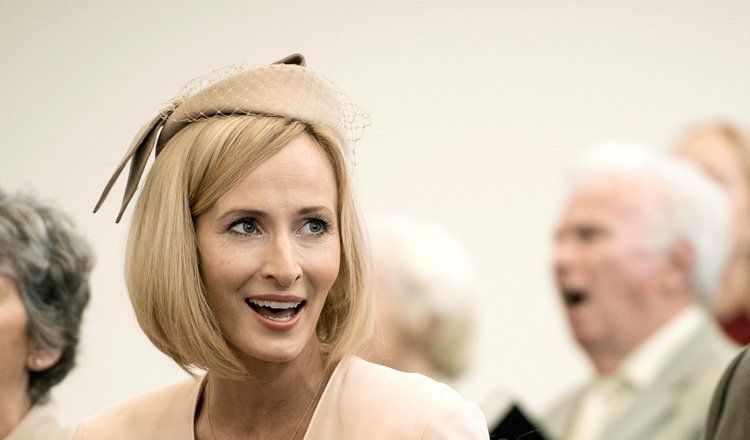Our world consistently faces climate challenges, prompting this year’s Earth Hour to encourage Australians to take action by reducing energy use and spending time outdoors. The theme for this year is You have the power to create a brighter future for our planet. WWF-Australia is promoting nature engagement and physical activity through Challenge 60, a nationwide initiative urging Australians to spend 60 minutes a day outdoors leading up to Earth Hour on March 22.
Nearly 40% of Australians spend less than an hour outside daily, with work being the primary barrier. About 42% of people report that their jobs keep them indoors all day, and 34% eat lunch at their desks. This lack of connection to nature, along with increasing technology use, prevents many from experiencing mental and physical health benefits that we have from spending time outdoors.
To change this, WWF-Australia is bringing back Challenge 60, motivating Australians to walk, run, cycle, or swim outdoors to reconnect with the environment while raising vital funds for wildlife conservation. I Interviewed WWF-Australia’s Head of Supporter Mobilisation, Rachael Lance to find out more about this incredible initiative.
What are the biggest threats of climate change and biodiversity loss that we face today?
Climate change threatens people and nature. We already see its effects in severe heatwaves, floods, droughts, and storms, which are becoming more frequent and dangerous to lives, livelihoods, wildlife, and ecosystems. Climate change may lead to species extinctions, with a 1.5°C rise putting 20-30% of species at risk. If warming exceeds 2°C, most ecosystems will struggle. Biodiversity loss impacts our food, air, water, and economic security. The World Economic Forum ranks biodiversity loss as the second most significant global risk, affecting 50% of the global economy.
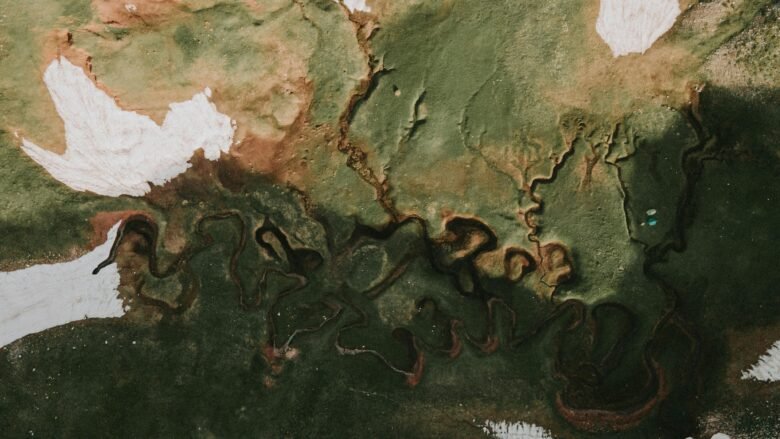
What is Challenge 60, and how does it encourage people to get involved?
Challenge 60 is a fundraising initiative that encourages Australians to switch off and get active in nature in the lead-up to Earth Hour. From 1 March until Earth Hour on 22 March, we challenge people to walk, run, cycle, swim, or do some other form of physical activity for 60 minutes a day to raise funds for critical conservation projects. By taking 60 minutes a day to move for nature, participants will make a world of difference.
How do the funds raised through Challenge 60 contribute to conservation efforts?
The funds raised through Challenge 60 will drive critical conservation projects to protect our wildlife and our planet. This includes projects like building artificial dens so eastern quolls have more safe places to raise their joeys, planting more trees to create homes for native animals like koalas, and tracking and protecting whales on their migratory paths. Every dollar raised counts and helps to regenerate nature.
How does spending time in nature benefit mental and physical health?
Spending time outdoors and exercising in nature can improve mental and physical health and reduce feelings of stress. It can also help us connect with and appreciate our natural environment. That’s one of the reasons we launched Challenge 60 – we want people to feel great and make a positive impact on the planet.

What urgent actions need to be taken to address these environmental challenges?
The good news is that we know what needs to be done to protect nature and the climate. Here in Australia, we need to accelerate our transition to renewable energy and reduce our contribution to global emissions and climate change. We need to stop burning fossil fuels, reduce land clearing (by protecting critical habitats and fixing our broken nature laws), and invest in nature repair. Together, we can create a future where our communities, wildlife, forests, and oceans are protected for generations to come.
Can you tell us about the history and significance of the Earth Hour movement?
Earth Hour is famous for its signature “switch off” moment, with millions of people and landmarks switching off their lights in support of stronger action on climate change and biodiversity loss. People and landmarks around the world will still be switching off their lights for Earth Hour on Saturday, 22 March at 8:30 pm. But this year, we also wanted to give Australians a chance to power up their commitment and raise funds to help us regenerate nature by taking part in Challenge 60.
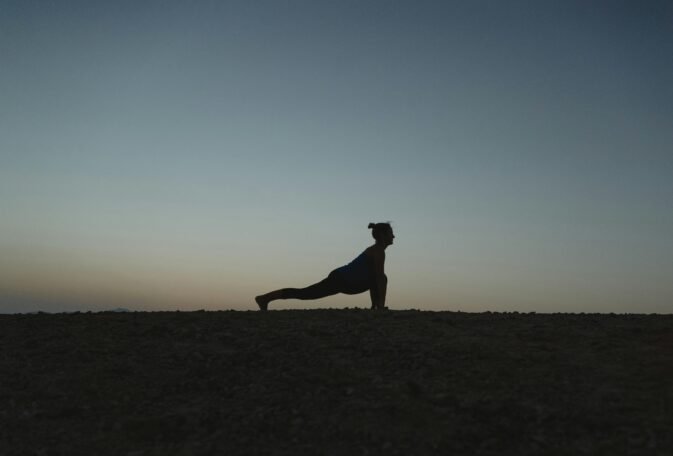
What is Challenge 60, and how does it encourage people to get involved?
Challenge 60 is a fundraising initiative that encourages Australians to switch off and get active in nature in the lead-up to Earth Hour. From 1 March until Earth Hour on 22 March, we challenge people to walk, run, cycle, swim, or do some other form of physical activity for 60 minutes a day to raise funds for critical conservation projects. By taking 60 minutes a day to move for nature, participants will make a world of difference.
How do the funds raised through Challenge 60 contribute to conservation efforts?
The funds raised through Challenge 60 will drive critical conservation projects to protect our wildlife and our planet. This includes projects like building artificial dens so eastern quolls have more safe places to raise their joeys, planting more trees to create homes for native animals like koalas, and tracking and protecting whales on their migratory paths. Every dollar raised counts and helps to regenerate nature.
How does spending time in nature benefit mental and physical health?
Spending time outdoors and exercising in nature can improve mental and physical health and reduce feelings of stress. It can also help us connect with and appreciate our natural environment. That’s one of the reasons we launched Challenge 60 – we want people to feel great and make a positive impact on the planet.
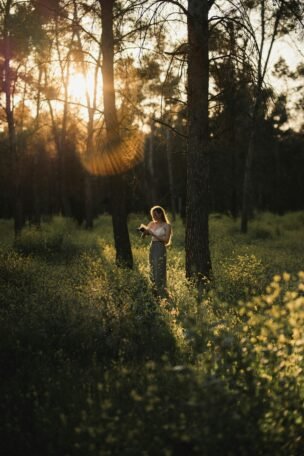
What message do you have for those who want to participate but feel they don’t have time?
If you don’t have time to participate in Challenge 60 this year, you can sponsor another participant or simply sign up to switch off for Earth Hour on Saturday, 22 March at earthhour.org.au. That iconic switch-off moment is still an important part of Earth Hour. We know it will take much more than an hour of turning our lights out to have a measurable impact on climate change, but the action helps to bring greater awareness to the issue and demonstrates your commitment to help protect the planet – both during and beyond Earth Hour.
How to sign up to #Challenge60
- Register at earthhour.org.au as an individual, team or workplace. Choose your challenge and set your fundraising goal to raise vital funds to support nature.
- Share your challenge with your network and ask friends, family and colleagues to sponsor your Challenge 60 with a donation.
- Get active in nature for 60 minutes each day from 1 to 22 March.
To sign up for Challenge 60 and be part of the movement, visit earthhour.org.au.



